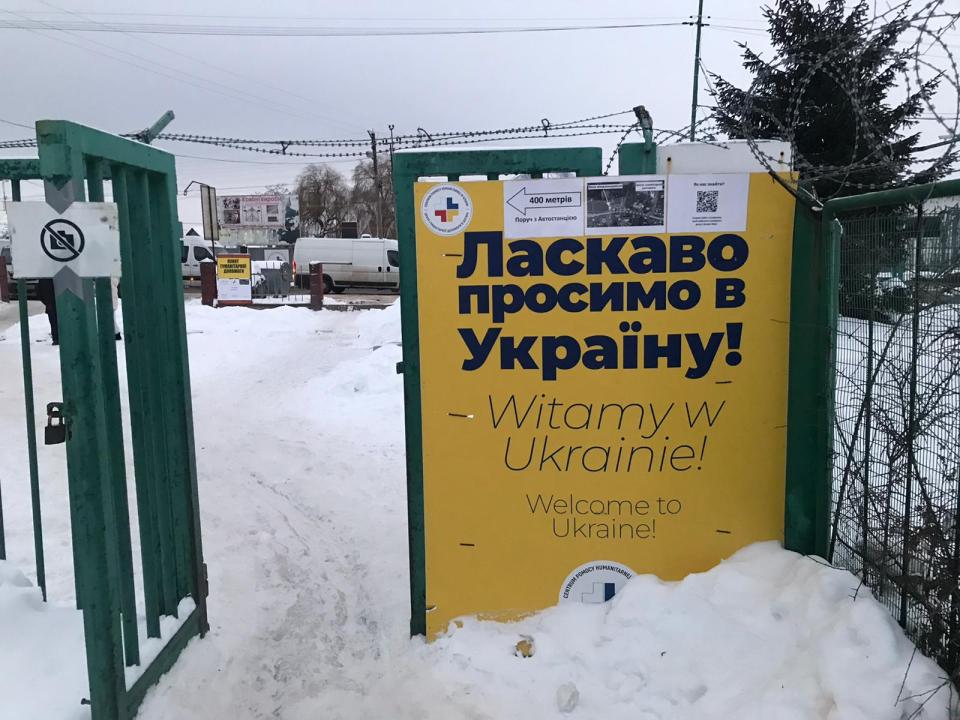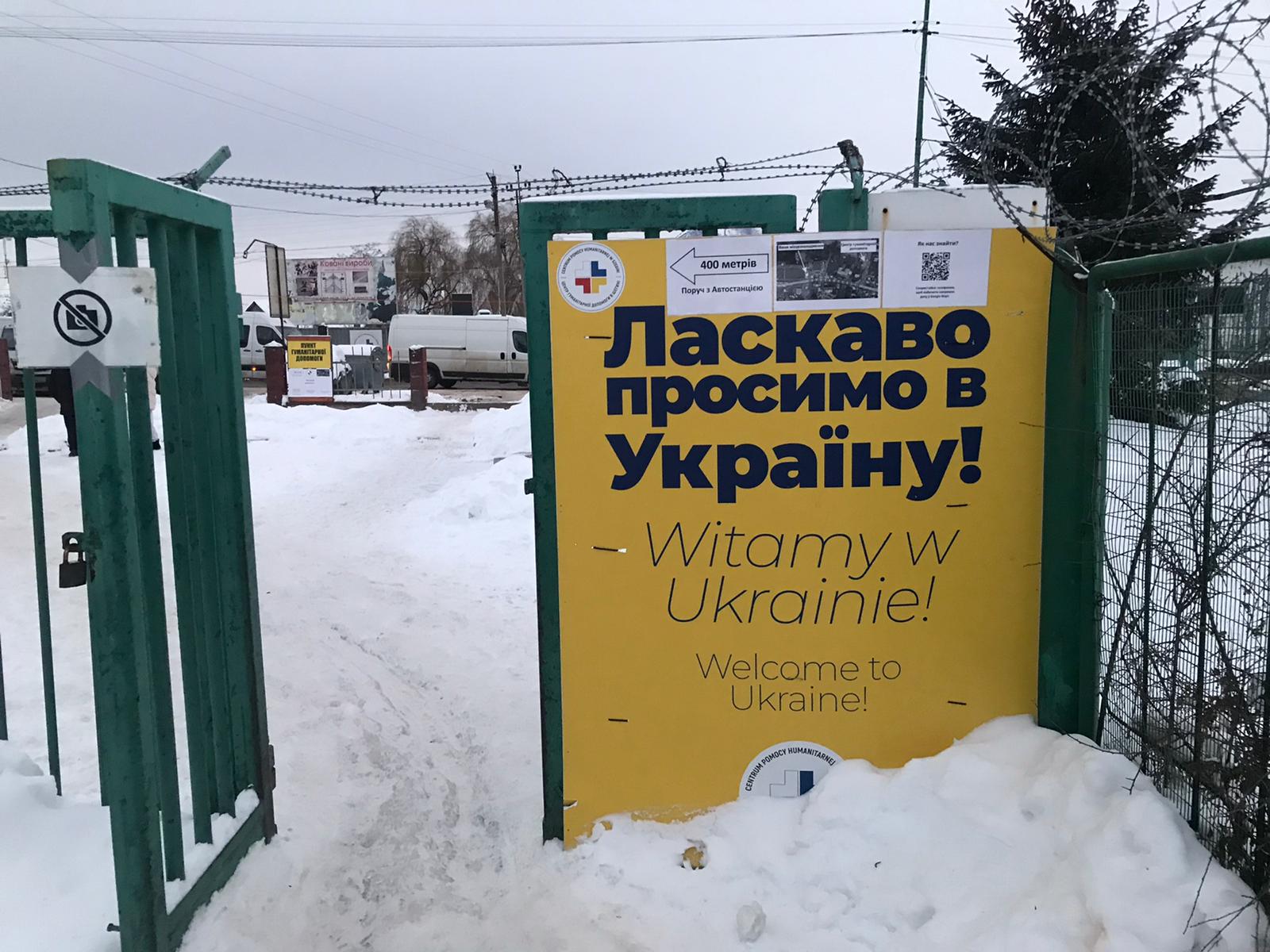‘You are safe here,’ says a sign at the railway station in Przemysl, less than ten miles from the Ukrainian border. The city was one of the first in Poland to open its doors to those fleeing the war – but I’m travelling through it in the opposite direction. Last year, I was one of 152,000 Ukrainian refugees to end up in Britain. Now, I’m going home to see my family again, flying to Poland, then taking the train to Lviv. At least, that was my plan. At the station, I learn that Russian missiles have delayed the train. Six hours later, I’m told it may not arrive at all. So Plan B: take a taxi as close as possible to the pedestrian border and then trudge the final mile or so through the snow. As I walk, I wonder what I’ll see on the other side. Will I recognise my own country? The passport checkpoint is almost deserted. Once, there was a mile-long queue of refugees trying to flee, so I take the emptiness as a good sign. Not so long ago, there was talk of a ‘second wave’ of refugees, fleeing the misery after missile strikes wiped out electricity, gas and water supplies. But Ukrainians have stayed, ready to prove Vladimir Putin wrong.
I keep walking through the snow and see a poster, ‘Welcome to Ukraine’. My heart leaps. But it’s only on the bus to Lviv, when I squeeze into my place and listen to passengers grumbling in Ukrainian, that I finally feel back at home. Even on this journey, though, things are different. People are jittery, knowing missiles can strike at any moment. We hear a bang and the driver slams on the brakes, looking up at the sky. ‘It was the door!’ passengers shout. The bus continues.









Comments
Join the debate for just £1 a month
Be part of the conversation with other Spectator readers by getting your first three months for £3.
UNLOCK ACCESS Just £1 a monthAlready a subscriber? Log in